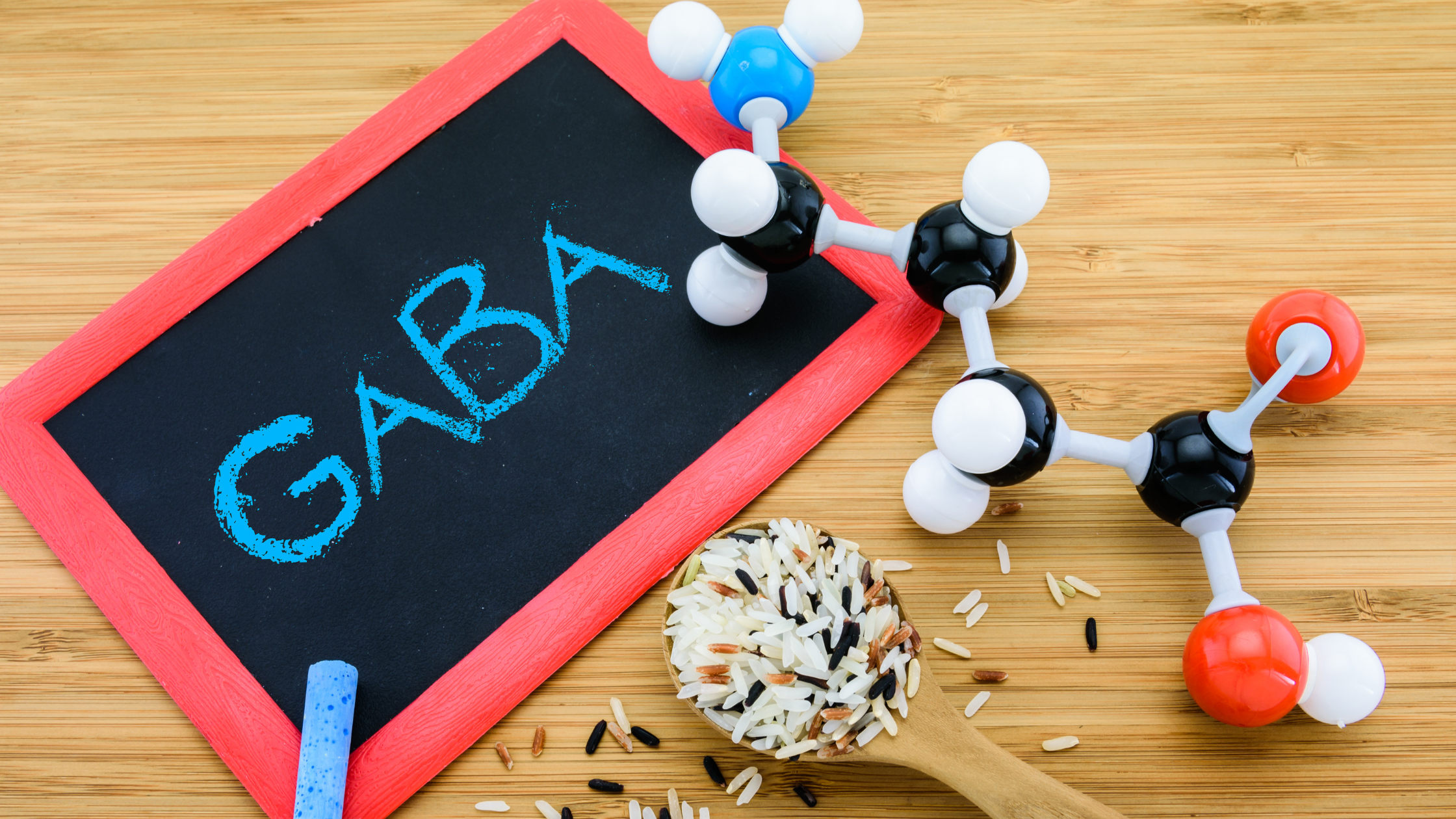
Sleep is required for our health. However, some have more trouble falling asleep than others. Many have turned to melatonin as a supplement for sleep. Melatonin is the main hormone that regulates sleep in the body. When someone doesn't make enough of it, they may turn to an over-the-counter synthetic hormone for a boost.
However, there may be a new supplement on the horizon. Gamma-aminobutyric acid, or GABA, is a natural hormone found in the body as well that has been shown to be promising for sleep promotion. It promotes a calming effect and only affects the early stages of sleep. Studies are still early, but promising. Continue reading to learn more about GABA and if it may be a suitable alternative to melatonin for you.
What is GABA?
GABA is a neurotransmitter found in the brain, as well as some foods like tomatoes, and soybeans. It's an inhibitory neurotransmitter, which means it shuts down activating and excitatory processes and neurotransmitters. It can help promote calmness in the body and helps to regulate emotions in the body when you are feeling anxious, fearful or stressed.
How GABA helps with sleep
GABA can help with anxiety, stress, and an overactive brain. These are the main three things that can help make falling asleep more difficult. They can help put the brain in a calm and relaxed state so you can be in the right headspace to drift off to sleep.
Low GABA in the brain have been linked to sleep deprivation, as one study showed that showed that those with insomnia had 30% lower levels of GABA in their systems. Another study found that taking 300mg of GABA before bed for at least a week can reduce sleep latency.
Although there are no studies that directly show the link between GABA and sleep, studies do show that GABAs effect on the brain in early stages of sleep are promising, and that GABA won't leave you feeling drowsy and groggy in the morning as melatonin or other sleep aids can sometime do.
GABA for Anxiety and Stress
Research is still limited on the use of GABA, but its effect on stress and anxiety is beginning to be recognized as more data emerges. Stress and anxiety are two common causes of sleep deprivation because they keep the brain and body on high alert. The blood pressure and heart rate are up, both of which make it extremely difficult to relax enough before bed.
Therefore, if GABA is able to inhibit these processes, then that removes a major barrier for sleep. One study from 2012 showed that GABA helped reduce the stress in participants after 30 minutes. Low levels of GABA is related to higher levels of depression and anxiety in individuals with mental health conditions.
Therefore, even if GABA doesn't directly promote sleep like melatonin and sleep aids, it still has the ability to put the body in a state of calm that can help promote sleep.
How to Take GABA
The first thing to know is that GABA can be taken as a supplement or powder in your food. This makes taking it very simple and straightforward.
It works in about 30-60 minutes after taking it. Therefore, take it about an hour or so before you actually plan on falling asleep. This gives it time to exert its effects before you lie in the bed.
Use a sleep journal to document how the supplement is working, and if it is causing any sleep problems. You can also use the journal to track your sleep on nights that you use it, versus nights that you don't to see if it is actually working for you.
GABA is found naturally in fermented foods like kimchi, sourdough, sake, and mulberry beer. Therefore, if you don't want to take a supplement, you can consume these foods and still get the same effect.
Always talk to your doctor before starting a new supplement. This will help you make sure that you are not taking something that interferes with any other medications.
Possible GABA side effects
There are no cited side effects about taking small amounts of GABA. However, there are some who have reported abdominal pain or headaches. High levels of GABA in the brain is linked to daytime drowsiness, an there are some who report drowsiness after taking it.
Those who are at high risk for having a negative reaction to GABA are:
- Pregnant women
- Individuals under 18 years
- Those who take prescription medications for high blood pressure
- Those taking anti-seizure medications
If you are having trouble sleeping, and would like to talk with a sleep health professional, please click the orange button below to take a free online sleep test.
https://www.cnet.com/health/sleep/goodbye-melatonin-research-says-this-dietary-supplement-is-also-a-good-sleep-aid/

